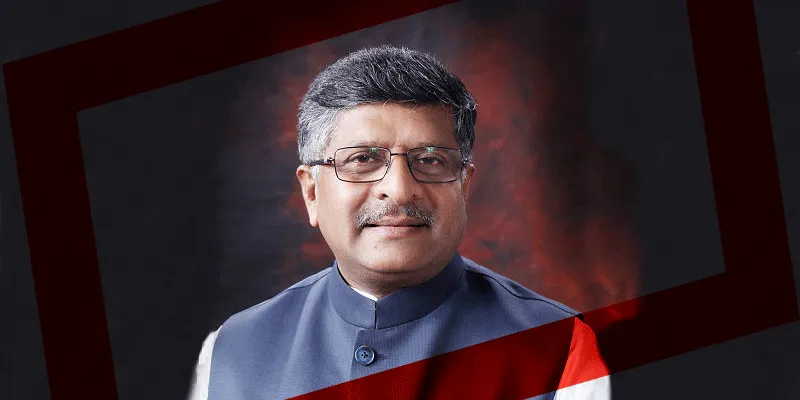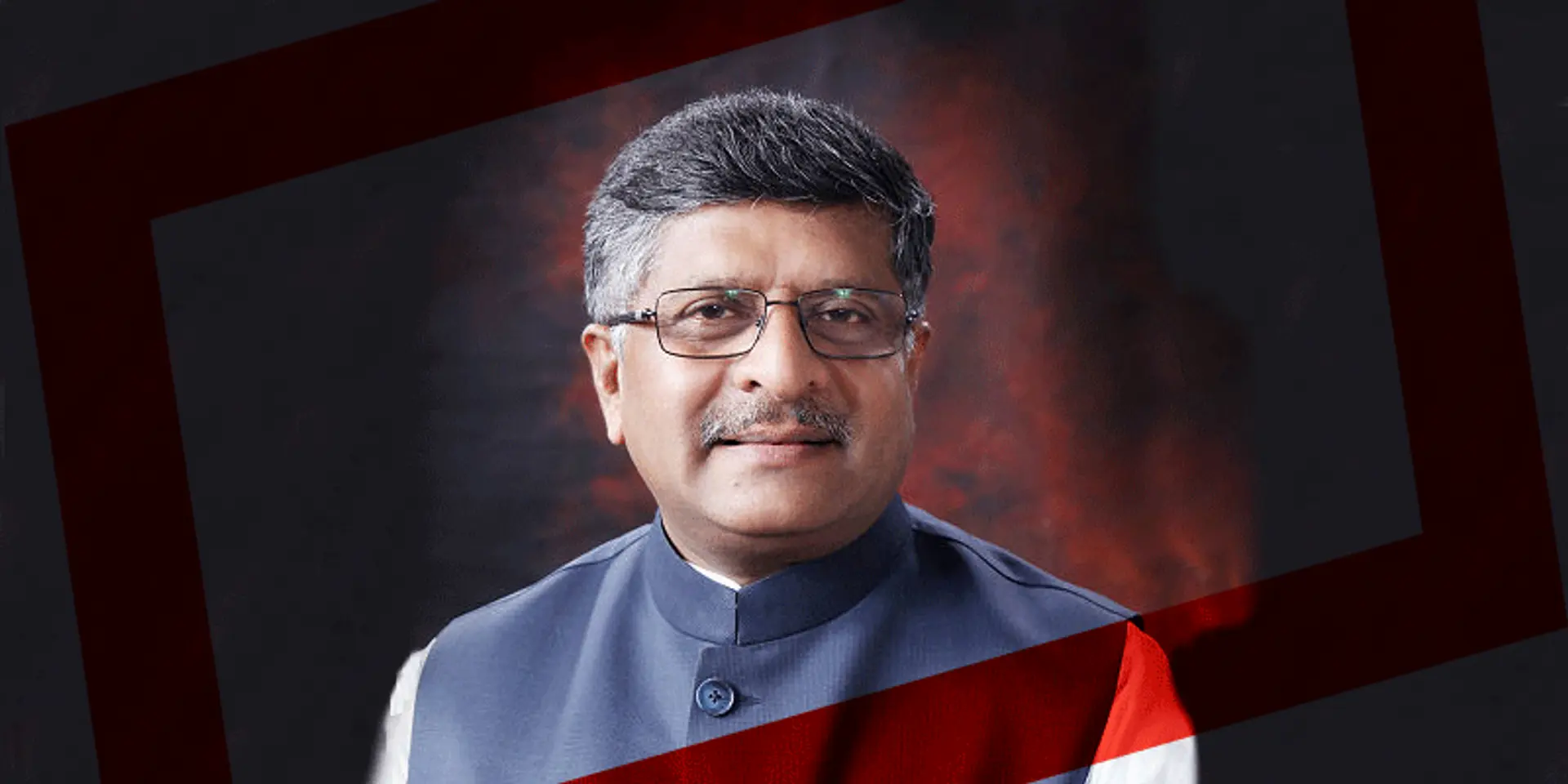IT Minister Ravi Shankar Prasad raises serious concern with Mark Zuckerberg on Facebook India’s prejudices
In a letter to Mark Zuckerberg, Union Minister Ravi Shankar Prasad stated that top executives of Facebook India had inherent biases on the views of a particular ideology, and the social networking giant had not been a neutral platform.
In a strongly worded letter to Facebook Founder and CEO Mark Zuckerberg, Union Minister for Law and Justice Ravi Shankar Prasad raised serious concerns on the inherent bias and prejudices among the senior executives of the social networking giant’s India team.
“I have been informed that in the run-up to the 2019 General Elections in India, there was a concerted effort by Facebook India management to not just delete pages or substantially reduce their reach but also offer no recourse or right of appeal to affected people who are supportive of the right-of-centre ideology,” the minister said, in a letter addressed to the Facebook founder.

Union Minister for Electronics and IT, Law and Justice and Communications Ravi Shankar Prasad
Ravi Shankar Prasad, who also holds portfolios of communications, electronics and information technology, further said, “I am also aware that dozens of emails written to Facebook management received no response. The above documented cases of bias and inaction are seemingly a direct outcome of the dominant political beliefs of individuals in your Facebook India team.”
He emphasised that Facebook must not only be fair and neutral but also visibly seen to be so to the users of diverse beliefs and ideologies. The minister noted that individuals working in any organisation might have individual likes or dislikes, but this must not have any bearing on the public policies of the organisation.
“It seems from credible media reports that Facebook India team, right from the India Managing Director to other senior officials, is dominated by people who belong to a particular political belief. People from this political predisposition have been overwhelmingly defeated by the people of in successive free and fair elections,” the minister noted.
The letter stated that these groups were trying to discredit India’s democratic process by dominating the decision-making apparatus of important social media platforms, and Facebook was the latest tool in their arsenal to stoke internal divisions and social disturbances.
“It is problematic when Facebook employees are on record abusing the Prime Minister and senior cabinet ministers of India, while still working in Facebook India and managing important positions. It is doubly problematic when the bias of individuals becomes an inherent bias of the platform. And it is unacceptable when political biases of individuals impinge on the freedom of speech of millions of people,” the minister said.
It also highlighted that Facebook India was engaged in selective leaks to certain sections of the media which are casting aspersions on the democratic process of the country. Further, there were multiple instances where Facebook has been used by anarchic and radical elements whose sole aim is to destroy the social order.
The minister noted, “However, we are yet to see any meaningful action against such elements. Is this action also held back by the same vested interest groups who have an incentive in stoking political violence and instability in India?”
Ravi Shankar Prasad also raised serious concern on the fact-checking practices of Facebook in India, where the social media giant has outsourced this activity to third parties which have no credibility.
“A transnational digital platform with a wide user base cannot remain immune to local sensitivities either. A certain act which may be acceptable as per social norms in a particular country but may not be conducive to the social norms of another country. Facebook Community Guidelines must acknowledge this aspect of diversity and respect it. To respect the social, religious, cultural, and linguistic diversity of India, Facebook should put in place country-specific Community Guidelines,” he added.
The minister hoped that a platform like Facebook would not be hijacked by a vested lobby that abhors free speech and rejects diversity.
Edited by Suman Singh








